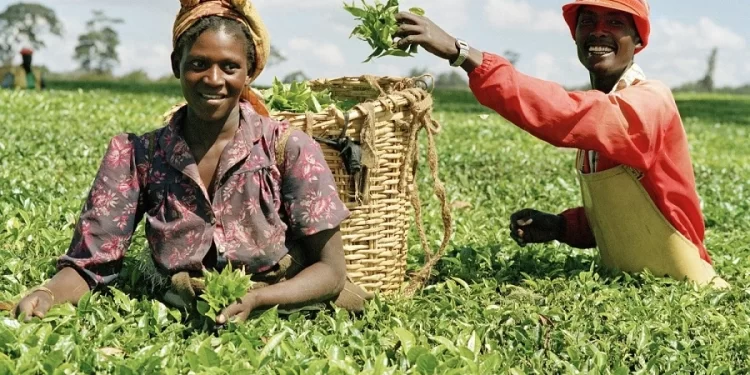The Central Bank of Nigeria (CBN) has warned that it may trigger the Global Standing Instruction (GSI) against the Anchor Borrowers’ Program loan defaulters.
The Senior Manager, Development Finance Office, Port-Harcourt branch, Mr. Celsus Agla, revealed this in a strategic meeting with maize farmers and stakeholders.
With the GSI, a bank borrower can no longer access a loan or credit facility from one bank if such a client refuses to repay the loan while having numerous other bank accounts with sufficient cash to repay the first bank.
What they are saying
Mr. Agla of the Port-Harcourt branch of the Development Finance Office said as a last resort, the central bank may have to enforce the GSI to get the farmers to repay their loans.
The Senior Manager also pointed out that for defaulters who remain adamant, the “GSI is a system whereby if you have an account with any bank outside say Unity Bank and there’s money in that account; because your BVN is attached to these loans if the GSI is triggered, the money in those accounts can be collected to repay the loan to Unity Bank.”
At the meeting, the National President of the Maize Association of Nigeria (MAAN), Dr. Bello Abubakar, highlighted that there have been problems, notably because several farmers across the country have misconceptions about repayment. Some have mistaken the loan for a gift, and some farmers even seemed astonished when asked about payback. He further asserted that the objective of the meeting was to review the impact of the loan on food security, deliberate on loan repayment strategies, and the way forward for maize farmers.
Other impediments he noted to have impacted how well the loan repayment had gone included late money disbursement, natural calamities such as floods and droughts, COVID-19, insecurity, and political factors. According to Abubakar, several politicians gave the false idea that the loan was from them and that it was free.
However, he stated that the Financial Development Office would work with the central bank and private financing initiatives to use every legal tool at its disposal to force loan defaulters to make their payments.
He added, “We have to make sure that we have taken all the necessary actions and measures to make the farmers who took these loans pay up.
“So, that is why we decided to go round all the 36 states of the country starting with the South-South and South-East to come together and meet with our stakeholders so that we can discuss, deliberate, and come up with a very concrete solution to this problem, what way do we go to ensure these farmers pay up these loans.“
“We know there are some challenges but a loan is a loan, the loan is not a grant, the loan is not a subsidy, so, therefore, we must follow these farmers to the end and make sure they repay the loan and that is why we are here.”











